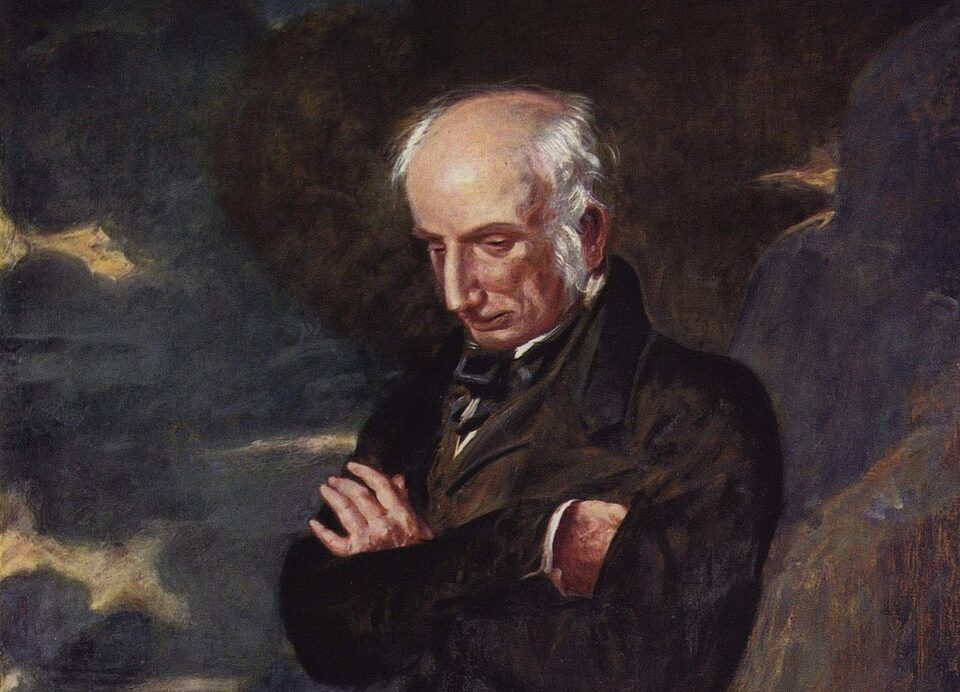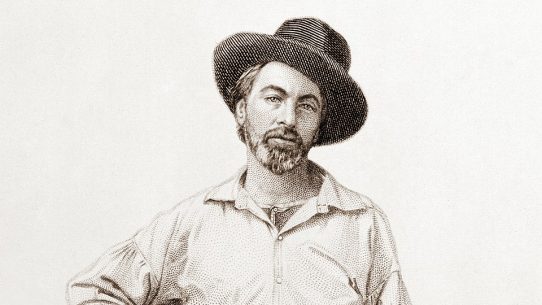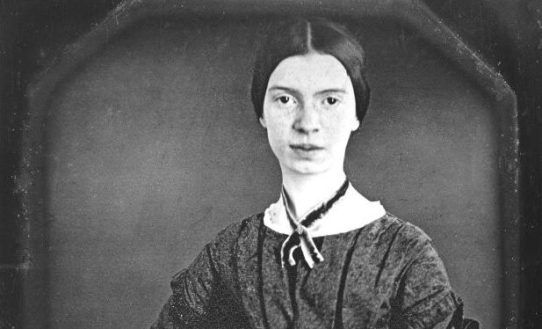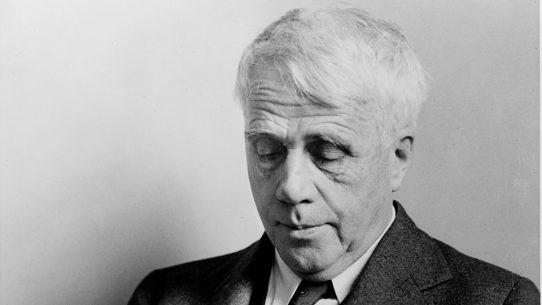Born: April 7, 1770, Cockermouth, Cumberland, England
Died: April 23, 1850, Rydal Mount, Westmorland, England
Nationality: English
Literary Period/Movement: Romanticism
Introduction
William Wordsworth (1770–1850) was an English poet whose reverence for nature and focus on ordinary life helped define the Romantic movement. His belief that poetry should express deep emotion and the beauty of everyday experience transformed English literature and continues to influence poets today.
Early Life and Education
Wordsworth was born in the Lake District of England, a landscape that profoundly shaped his imagination. Orphaned at a young age, he was raised by relatives but found solace and inspiration in the natural world. He attended St John’s College, Cambridge, and after graduation traveled extensively through France and Switzerland, experiences that broadened his worldview and political ideals.
His early enthusiasm for the French Revolution’s ideals of liberty and equality would later turn to disillusionment, a shift reflected in the moral and spiritual introspection of his later poetry.
Literary Career and Major Works
Wordsworth’s poetic career took shape in the 1790s when he began collaborating with Samuel Taylor Coleridge. Together, they published Lyrical Ballads (1798), a landmark collection that redefined poetry by focusing on the speech and experiences of common people. The volume included Coleridge’s The Rime of the Ancient Mariner and Wordsworth’s Tintern Abbey, works that embodied a new emotional and natural realism.
Wordsworth’s subsequent poems — including Ode: Intimations of Immortality, Lucy Gray, and The Prelude — explored memory, childhood, and the unity between the human spirit and the natural world. The Prelude, completed near the end of his life, is a vast autobiographical poem that traces the growth of his poetic mind.
Style, Themes, and Influence
Wordsworth believed poetry should arise from “emotion recollected in tranquility.” His language was simple yet profound, and his focus on nature reflected both spiritual and philosophical insight. He sought to reveal the divine in the commonplace and to remind readers of the harmony between humanity and the environment.
His influence on English poetry is immense. By rejecting artificial diction and returning to natural speech, he paved the way for modern poetic expression. Later poets such as Matthew Arnold, Robert Browning, and even modern writers found inspiration in his humanism and sincerity.
Later Life and Legacy
In later years, Wordsworth became increasingly conservative in both politics and style, but his status as a leading literary figure continued to grow. He was appointed Poet Laureate of the United Kingdom in 1843, a testament to his national influence. He died in 1850 at his home, Rydal Mount, leaving behind a body of work that defined Romantic ideals and elevated the natural world as a source of wisdom and renewal.
Today, Wordsworth stands as one of the foundational poets of English Romanticism — a writer who taught readers to see the sacred in the simple and to listen for the voice of nature in the human heart.
Notable Works
- Lyrical Ballads (1798, with Samuel Taylor Coleridge)
- Lines Composed a Few Miles above Tintern Abbey (1798)
- Ode: Intimations of Immortality (1807)
- The Prelude (1850)
- Lucy Poems (1798–1801)
Related Poets
Samuel Taylor Coleridge, Lord Byron, Percy Bysshe Shelley



